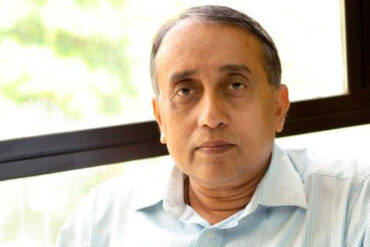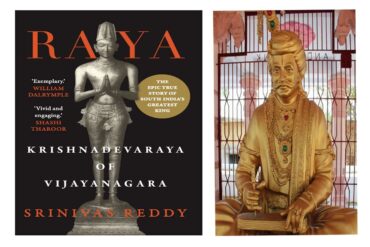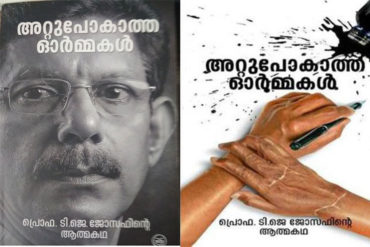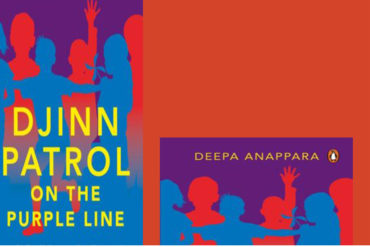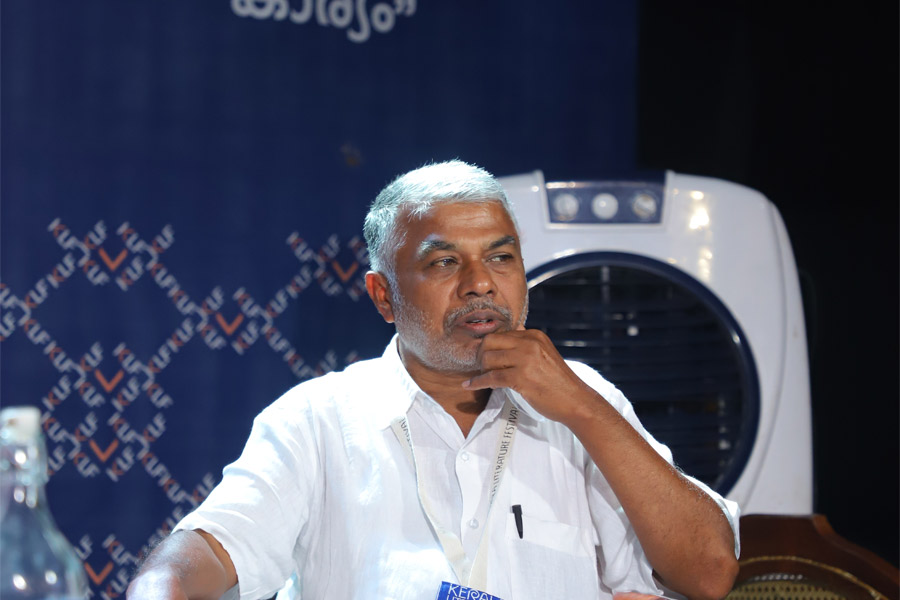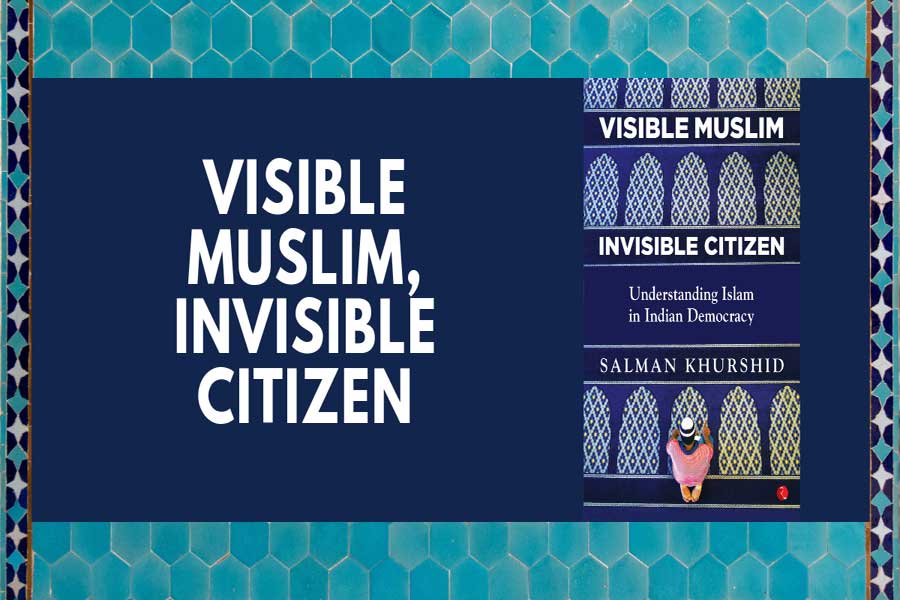Zulmat-kade Meñ Mere Shab-e-ġham Kā Josh Hai,
Ik Shama Hai Dalīl-e-sahar So Khamosh Hai,
Koi Ummeed Bar Nahin Aati,
Koi Surat Nazar Nahin Aati.
Maut Ka Ek Din Muayyan Hai,
Nind Kyun Raat Bhar Nahin Aati.
Aage Aati Thi Haal-E-Dil Pe Hansi,
Ab Kisi Baat Par Nahin Aati.
Jaanta Hoon Sawaab-E-Taat-O-Zahad,
Par Tabiyat Idhar Nahin Aati,
Hai Kuch Aisi Hi Baat Jo Chup Hoon,
Warna Kya Baat Kar Nahin Aati.
Kyun Na Chikhoon Ki Yaad Karte Hain,
Meri Aawaaz Gar Nahin Aati.
Daag-E-Dilagar Nazar Nahin Aata,
Bu Bhi Ai Chaaragar Nahin Aati.
Ham Wahaan Hain Jahaan Se Ham Ko Bhi,
Kuch Hamaari Khabar Nahin Aati.
Marte Hain Aarzu Main Marne Ki,
Maut Aati Hai Par Nahin Aati.
Kaaba Kis Munh Se Jaaoge ‘Ghalib’,
Sharm Tumko Magar Nahinaati.
My prison is overwhelmed by the evening of sorrow,
The lonely candle that promises the dawn too has become
silent,
I can feel no hope,
I can see no way forward,
The day of my demise is destined,
Why, then, can I not sleep?
Time was that I could laugh at heart,
But now nothing can make me laugh.
There is good reason that I am quiet,
Not that I am unable to speak,
Why must I not scream to be recognized?
So what if my voice does not reach?
I am lost in some far-off place,
From where there is no news.
How I die to be able to die,
Death comes and yet it does not.
Ghalib, how will you visit Kaaba?
Are you not ashamed?
This ghazal by the great poet Mirza Ghalib, written in the autumn of the Mughal Empire, is apt for our times as well. The despondency felt during the middle of the nineteenth century can be seen today as well, except that our entrenched democracy keeps hope alive. It is important, of course, to understand the nature of the adversary.
In the past, riots were the instrument that put minorities on the defence. Ashutosh Varshney and other writers have provided explanations of the devious purpose sought through riots, essentially to disrupt economic growth in the Muslim community.
The steady but pernicious advance of anti-secular forces in the country over the past five years has challenged the very idea of India, but in particular forced Indian Muslims into an uncertain silence. Communal riots and stray incidents of personal affront in daily life were known to us in the past. There were also predictable complaints about self-professed secular governments not doing enough to address the causes and ensure reparation for the loss of life and property. After the freewheeling rioting of the Partition days, the worst exhibitions of communal violence were seen during the Mumbai riots and post the Babri Masjid
demolition in parts of northern India. These had a vicious reaction that shook Mumbai and turned it into a graveyard, adding a new dimension to terrorism.
The sad thing is that we have to pretend that the acts of terror seen in the Mumbai blasts or associated with the Batla House encounter are not part of a cause-and-effect chain. To even suggest it brings a howl of protest—nay charge of being sympathetic to terror. One can surely fundamentally abhor terrorism and yet analytically believe it to be precipitated by some rightly or wrongly perceived failure of justice?
A senior police officer who had investigated Batla House once told me in confidence that the India Today cover story quoting an accused as having asserted that he would have planted bombs even if his mother had been in the vicinity was nothing but cock and bull. Instead, he confided that the young man had lamented that his generation was lost (because of Babri Masjid) but that those who were to follow had to be saved.
When an honest attempt to understand the angst that leads to acts of subversion and virtual self-destruction is branded illegitimate and anti-national, what hope do we have that we will ever understand what is going wrong? And if that be the case, how will we ever be able to eliminate the menace of wanton destruction?
The dilemmas of true allegiance
Indian Muslims consciously chose India over Pakistan during the Partition, trusted Gandhi and Nehru over Jinnah and Liaquat Ali Khan, even gave up family for nation. We gave our best to building the nation—from Brigadier Usman and Havildar Abdul Hamid, to Captain Hanifuddin—brave men and women sacrificed their lives for the motherland.
Today the BJP mobs do not even permit any display of patriotism by insisting that denial of identity, as indeed tenets of faith, is the only proof of true allegiance. Suffer in silence and die in silence, because even a whisper of opinion or protest is audacity in the face of a maddening din about nationalism that barely understands nationhood and the history of our Independence.
Leaderless and voiceless (and advised to be so), the Indian Muslim lives in a fresh limbo even as those well placed in the community make their private arrangements for physical comfort. From being claimants to equal participation in the national endeavour, they have retreated to ‘live well and let us just live as we can’ cries of helplessness.
Political parties that have made much political capital out of support for Muslims over the decades now caution patience and tactical forbearance. There might be little distance between tactical postures and a strategic surrender to unwholesome ideologies. When a powerful enemy confronts you, there is sense in tactical retreat but only to mount a fresh assault. But surrender is quite something else.
The idea of India we inherited from our founding fathers has proved to have the strength to overcome the challenge of adversaries over the decades. It will be overwhelmed by them only if we lose faith in its capacity to prevail. But, of course, a fresh round of sacrifices may be necessary.
Muslims have to remember that many non-Muslim compatriots, perhaps an overwhelming majority of Indians, support the idea of India. Muslims may have let them down by questioning their sincerity because some things went wrong. In long-term struggles, faith is the most important ingredient of battle-readiness. If we protect this faith among ourselves, we will serve faith in the Almighty (God, Allah, Ishwar) and faith in our Constitution.
The dilemmas faced by Muslim leaders are even greater. To begin with, they have traditionally been perceived as leaders of Muslims, rather than leaders who are Muslims. But unlike Dalit and OBC leaders, Muslim leaders first suffer by restrictive labels and then are accused of being communal. At the same time, their own community questions their intent, if not capacity, to represent them. The 2017 Gujarat election was an obvious example of how it is permissible to use caste for justice and majority religion for equality, but impermissible to seek equity for minorities. One wonders if the rights story has permanently given way to the might narrative.
India will indeed be more powerful than Pakistan, but will we be able to claim intellectual and moral superiority of our polity? Communalists-cum-counter nationalists of the past took away our greater unity; communalists-cum-self-declared nationalists of contemporary India threaten to take away its unique character. Must we allow that to happen?
There are several disparate ways in which Muslims have reacted to political conditions. Some have quietly and discreetly reflected afresh on the political decisions they took in reaction to the politics of the Congress party, and the hollow gestures of the other secular outfits that sought to eat into its traditional area of influence. That the alternative is neither viable nor necessarily committed to their welfare seems more than apparent on honest reflection.
Others have thought it fit to pin their hopes on liberal democracy being allowed to repair itself without enhancing its vulnerability to devious misinterpretation and deliberate misrepresentation by forces of the extreme right. A few have joined hands with NGOs and civil society groups without inviting undue attention to themselves. Most have just quietly withdrawn to their close circles, waiting for the storm to pass.
Excerpted with permission from Visible Muslim, Invisible Citizen: Understanding Islam in Indian Democracy by Salman Khurshid, published by Rupa, August 2019.

